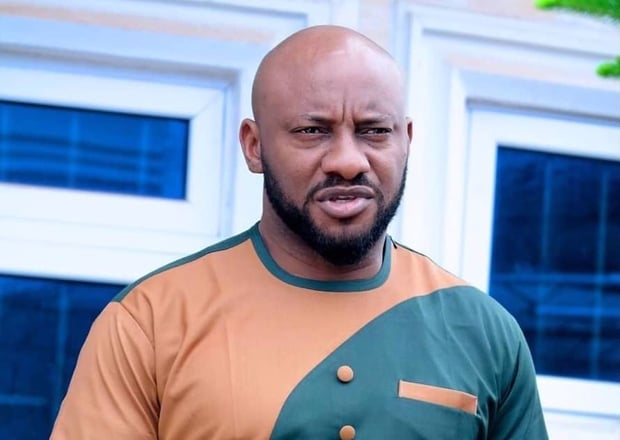Yul Edochie’s recent commendation of President Bola Ahmed Tinubu’s administration has ignited a firestorm of debate across social media platforms. The Nollywood actor’s assertion that Nigeria is experiencing a marked improvement in electricity supply and a significant reduction in terrorist attacks, attributed directly to Tinubu’s policies, has been met with a mixture of applause and skepticism. Edochie’s claim that many states are now enjoying up to 22 hours of daily electricity, a stark contrast to the chronic power shortages that have long plagued the nation, is at the heart of the controversy. While some echo his optimism, others question the veracity of his statement, highlighting the continued power challenges faced by many communities across the country. This disparity in perception underscores the deep divisions within public opinion regarding the early days of Tinubu’s presidency.
The actor’s praise for Tinubu extends beyond specific policy outcomes. Edochie labels the president a “master strategist” and a “silent achiever,” suggesting a calculated and effective approach to governance that is yielding tangible results. This portrayal of Tinubu as a behind-the-scenes operator deftly navigating complex national issues resonates with a segment of the population who view him as a seasoned political player capable of delivering on his promises. However, critics argue that Edochie’s characterization glosses over the complexities of the challenges facing Nigeria and overlooks the ongoing struggles faced by many citizens. They contend that such unqualified praise can create a disconnect between the lived realities of the populace and the narrative being presented.
The controversy surrounding Edochie’s comments is further amplified by his history of outspoken political endorsements. He has consistently voiced his support for various leaders and their policies, often sparking heated debates and drawing criticism for what some perceive as overly partisan stances. This pattern of vocal advocacy has established Edochie as a polarizing figure in the Nigerian political landscape. His pronouncements are often met with a predictable mix of enthusiastic agreement from supporters and sharp rebukes from detractors, reflecting the deep-seated divisions within the country’s socio-political fabric. This latest episode further cements his reputation as a celebrity unafraid to wade into the turbulent waters of political discourse.
Deeper analysis of the situation reveals several layers of complexity. Firstly, the debate highlights the challenges of assessing the early impact of a new administration. With Tinubu’s presidency still in its nascent stages, drawing definitive conclusions about the effectiveness of his policies is arguably premature. The long-term consequences of his decisions remain to be seen, and the current situation is subject to varying interpretations depending on individual perspectives and experiences. Edochie’s pronouncements, therefore, can be seen as reflecting a particular viewpoint rather than an objective assessment of the situation.
Secondly, the controversy underscores the power of celebrity endorsements in shaping public opinion. Edochie’s status as a prominent figure in the Nigerian entertainment industry lends weight to his pronouncements, amplifying their reach and influence. His words carry a certain persuasive power, particularly among his fanbase, who may be more inclined to accept his perspective without critical scrutiny. This dynamic raises questions about the responsibility of public figures in expressing their political views and the potential impact of their pronouncements on the broader public discourse.
Finally, the varied reactions to Edochie’s comments reflect the deep-seated divisions within Nigerian society. The country grapples with a multitude of complex challenges, including economic instability, security concerns, and political polarization. These issues have fostered a climate of distrust and skepticism, making it difficult to achieve consensus on even the most basic facts. Edochie’s comments, therefore, serve as a lightning rod for these underlying tensions, exacerbating existing divisions and highlighting the challenges of fostering constructive dialogue in a polarized environment. His pronouncements, whether accurate or not, become a focal point for expressing pre-existing sentiments about the government and the state of the nation.
In conclusion, Yul Edochie’s praise for President Tinubu’s administration has ignited a heated debate across social media, highlighting the complexities of assessing early policy impacts, the influence of celebrity endorsements, and the deep divisions within Nigerian society. While some applaud his optimism and support for the administration, others criticize his remarks as premature and overly partisan. The controversy surrounding his statements underscores the challenges of fostering constructive dialogue in a polarized environment and the ongoing need for critical evaluation of information, particularly when disseminated by influential public figures. The true measure of Tinubu’s presidency, and the validity of Edochie’s claims, will ultimately be determined by the long-term outcomes of his policies and their impact on the lives of ordinary Nigerians.














